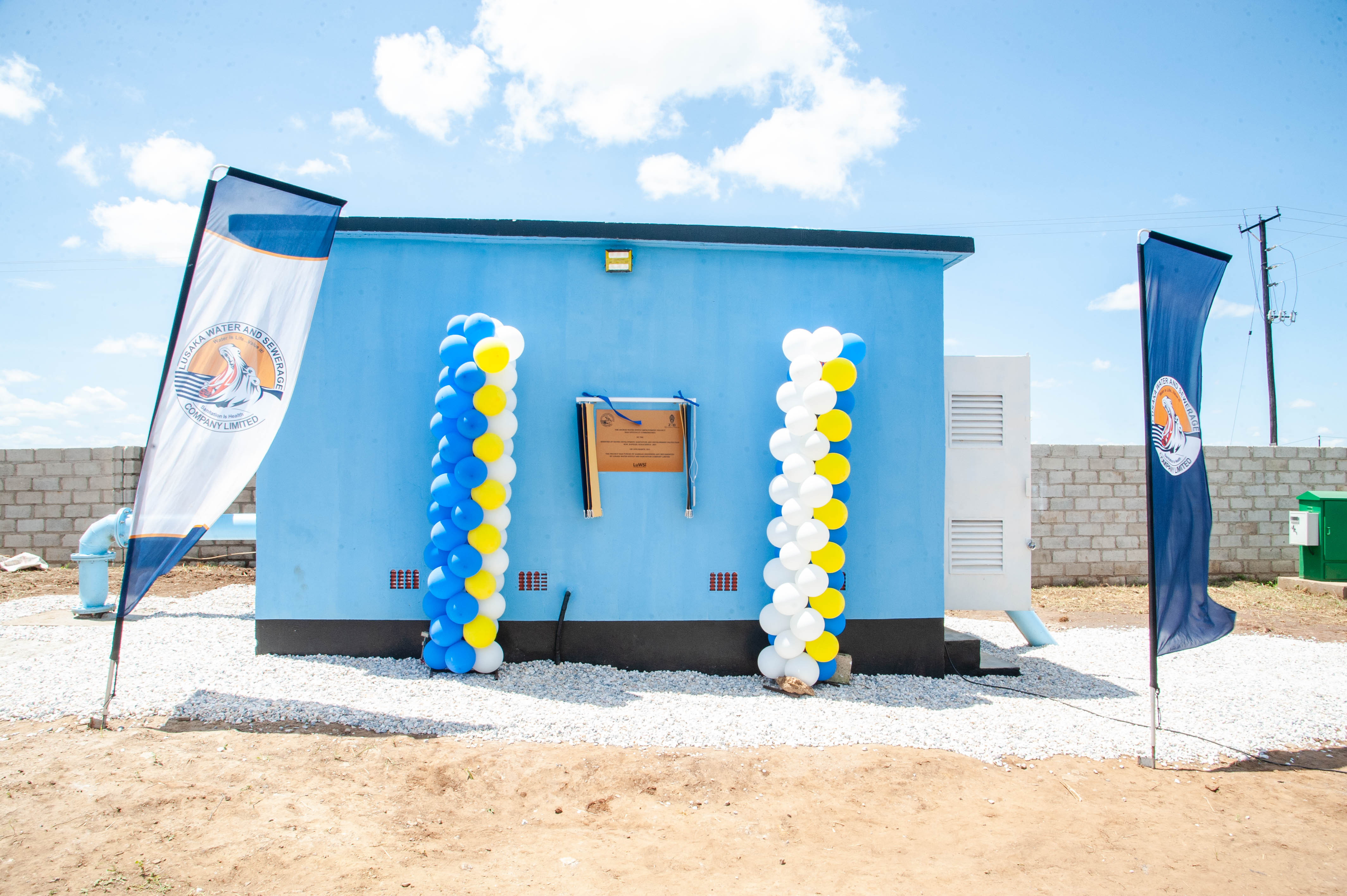Groundwater accounts for 98 percent of the world’s total water that is usable by the human population. Global statistics also indicate that 50% of the world’s population is dependent on ground water for drinking, while 37% of the world’s agriculture water use is dependent on ground water.
In many parts of the world, water – and groundwater in particular – is becoming a scarce resource as a result of increasing abstraction and contamination. If the prevailing global demand and pollution persists, the United Nations expects the world to face a 40 percent shortfall in freshwater within the next ten years.
Africa as a region has significant availability of the resource but it somehow faces challenges in ensuring safe access, enough supply and improved sanitation for its fast growing, urbanizing and industrializing population.

As Zambian Breweries our impact on the water resource is two-fold: we are an agro-processor so we rely on agriculture for our raw materials; and our product is made up of 90% – 95% water. Therefore, as Zambia’s largest brewer; we believe that we have a responsibility to lead industry water stewardship efforts across the country. We have set aggressive targets to protect water resources in our facilities, especially in high-risk watersheds, and throughout our agricultural supply chain.
Zambian Breweries’ water strategy is focused on working within our brewery network; engaging out-grower schemes, non-profit organisations, central and local government to ensure as much water as possible is conserved throughout our value chain. Our water stewardship efforts are aimed at improving water efficiency in our plants and advancing water restoration efforts in all our areas of operation. Together with local authorities, other water users, and partners such as the Worldwide Fund for Nature (WWF) and The Nature Conservancy (TNC), we continue to invest financial and technical resources into vital watershed protection, environmental conservation and reforestation projects, water capture as well as improved water infrastructure projects.
So far, Zambian Breweries has collaborated with stakeholders to fund up to US$1 million for the conservation of the Ndola Itawa Springs which comprised infrastructure development for water supply, ecological restoration and housing infrastructure development for 28 families. We partnered with the Lusaka Water and Sanitation Company (LWSC) in constructing a US$150,000 industrial water borehole in George Compound of Lusaka with capacity to supply 40,000 households, and further supported LWSC with US$3,300 in their Buy-A-Toilet Campaign which is slated to benefit 5,500 homes in peri-urban communities, and we continue to support various projects under the Lusaka Waster Security Initiative (LuWSI) collaborative partnership, and so far donated US$30,000 as part of the company’s 2025 sustainability goal on water stewardship.
This World Water Day, we are improving the quality of groundwater with change: Water Labs. Change Water Labs is part of the Accelerator 100+ cohort and we will be piloting their new innovative toilet technology here in Zambia, with a local implementing partner, Live Clean, alongside the AB InBev Foundation. The toilets use a simple membrane to rapidly evaporate up to 95% of onsite waste without need of external power or water!
The Change: Water Labs iThrone Toilet is a single intervention that addresses the SDGs on clean water and sanitation as well as innovation and infrastructure at a time when access to safe water is a challenge and groundwater as a resource is critical. This innovative technology is a step in the right direction to contribute to the adequate management of sanitation which overall has an impact on the safety of the natural resource.
As the private sector, there is a role that we can play in improving the safety and resilience of water systems in our country through scaled collaboration and partnerships for improved water use, infrastructure development and policy advocacy. And we as Zambian Breweries are proud to be a leader in water stewardship not only because it ensures the continuity of our business but because it enhances the safety and resilience of our country and continent’s water systems.
